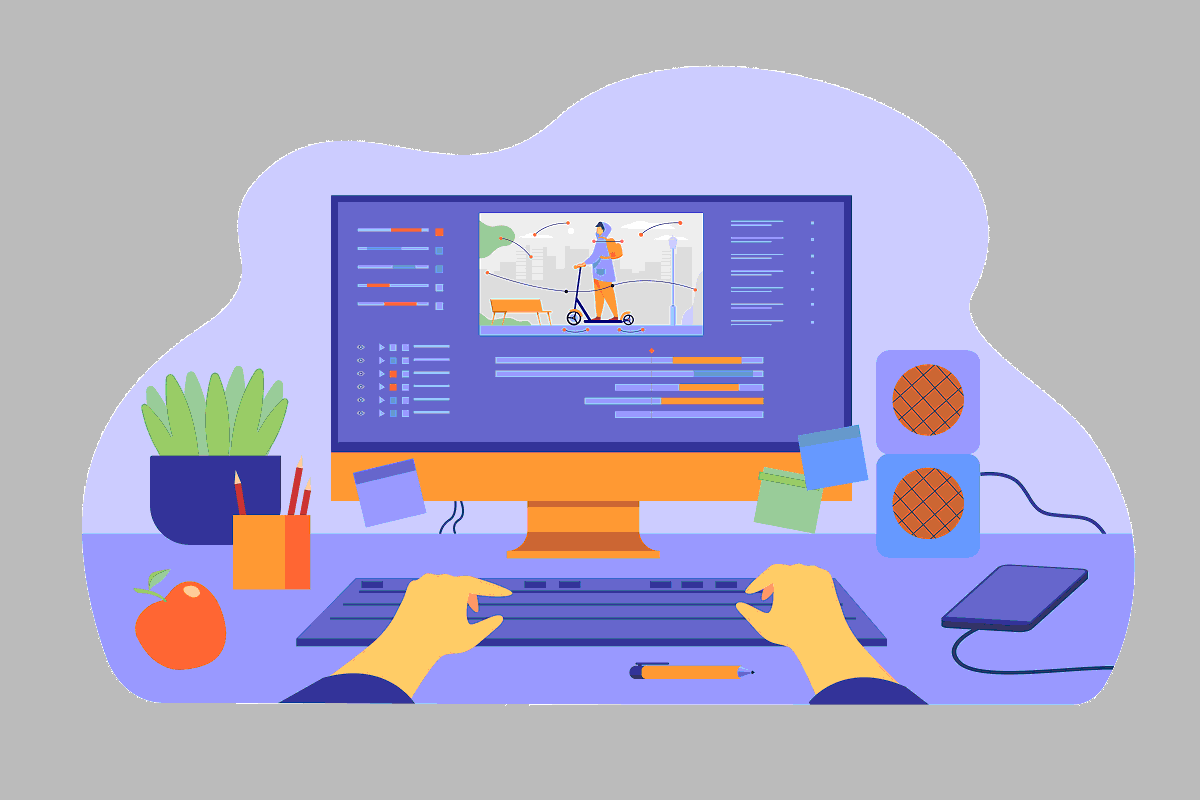
The world is rapidly changing, and the digital age has brought about significant changes in the way we live, work, and communicate. In this new era, computer literacy is essential for individuals and families to thrive. It is essential for parents and guardians to understand the importance of computer literacy and to take an active role in promoting it among their children and teenagers. This article will provide in-depth knowledge about the significance of computer literacy, the role of parents and guardians, and tips for improving their computer skills.
Significance of Computer Literacy in the Digital Age
Computer literacy has become a critical aspect of daily life in the digital age. With the advancement of technology, the use of computers and other digital devices has become an integral part of almost every aspect of our lives, including education, business, entertainment, and communication. In the near future, it is estimated that 95% of jobs will require some level of computer skills (Statistics).
Role of Parents and Guardians in Promoting Computer Literacy
Parents and guardians play a crucial role in promoting computer literacy among their children and teenagers. They are responsible for introducing their children to technology and teaching them the skills they need to succeed in a digital world. This includes teaching basic computer skills such as word processing, internet navigation, and basic coding (Examples).
Additionally, parents and guardians must also lead by example and strive to improve their own computer skills. A family that is computer literate is better equipped to navigate the digital world and take advantage of the many opportunities it offers (Quote). Furthermore, a study showed that when parents in rural America learned basic computer skills, it led to improved academic performance and career opportunities for their children (Case Study).
Tips for Improving Computer Literacy for Parents and Guardians
Parents and guardians can improve their computer skills by taking the following steps:
- Seek training: There are many resources available for individuals to improve their computer skills, including online courses, community classes, and training programs.
- Practice regularly: The more you use computers and other digital devices, the more confident and skilled you will become.
- Use technology in daily life: Incorporate technology into your daily routine, such as using online banking, shopping, and communication tools.
- Seek support: Don't be afraid to ask for help or seek support from family and friends who are more technologically proficient.
Benefits of Being Computer Literate for Parents and Their Children
Being computer literate has numerous benefits for both parents and their children. It can improve academic performance, provide access to new and exciting career opportunities, and enhance communication and collaboration skills. Additionally, computer literacy can also help families stay connected with each other and with their communities, and it can provide access to a vast array of information and resources.
Impact of a Lack of Computer Literacy on Families and Society
A lack of computer literacy can have significant consequences for families and society as a whole. It can limit individuals' ability to access information and resources, impair their ability to communicate effectively, and limit their opportunities for personal and professional growth. Furthermore, a lack of computer literacy can also result in social and economic disparities, and it can impact the overall competitiveness and productivity of society.
Conclusion
In conclusion, computer literacy is essential in the digital age, and parents and guardians play a crucial role in promoting it among their children and teenagers. By improving their own computer skills and teaching their children basic computer skills, parents and guardians can help their families thrive in a digital world. It is essential for parents and guardians to understand the importance of computer literacy and to take an active role in promoting it in their families and communities.
Computer




